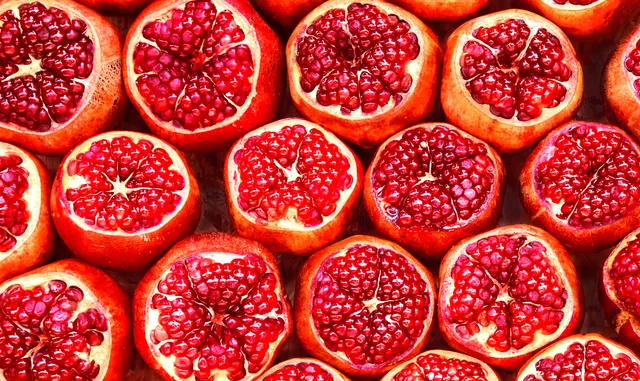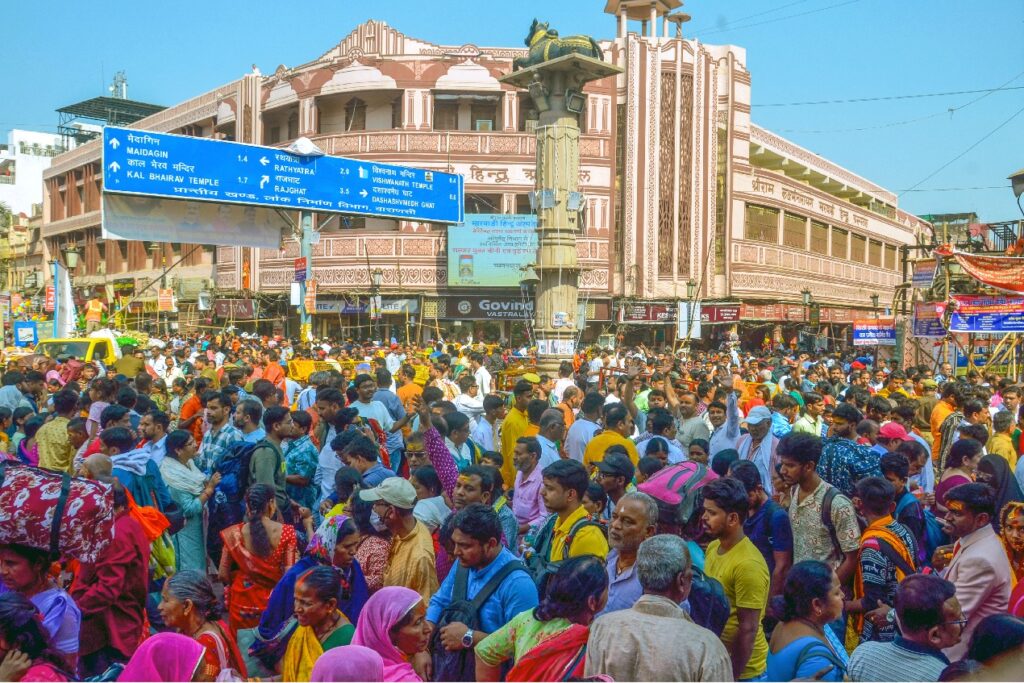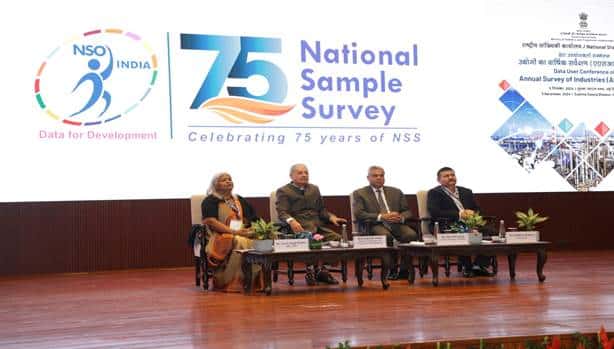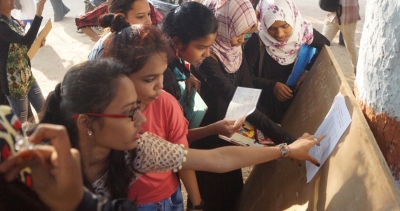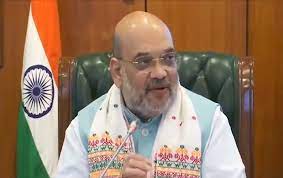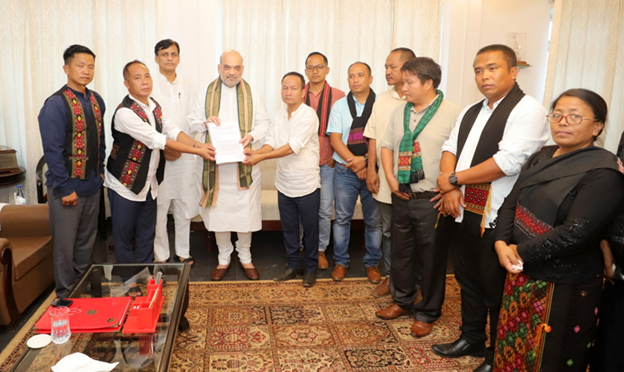Big Government’s Seva Bhoj Yojana supports free meal initiatives with tax reimbursements
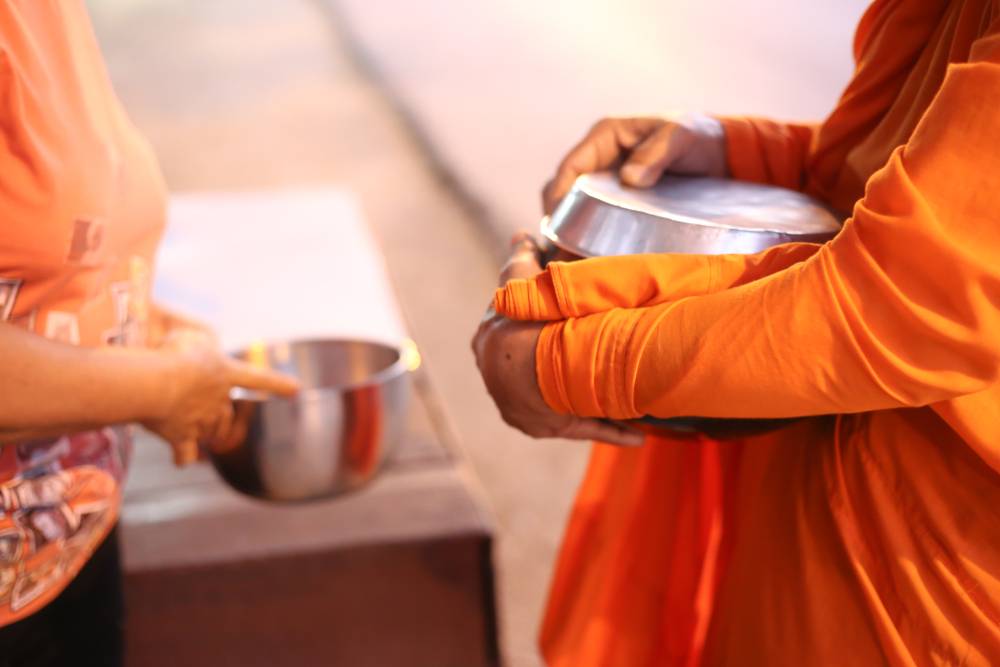
The Ministry of Culture launched the Seva Bhoj Yojana in August 2018 to support charitable and religious institutions distributing free food to the public. Under this scheme, the Central Goods and Services Tax (CGST) and the central government’s share of Integrated Goods and Services Tax (IGST) paid on the purchase of specific raw food items by eligible institutions are reimbursed by the central government through the concerned GST Authority.
To qualify for reimbursement, institutions must provide a certificate from the District Magistrate confirming that they have been actively distributing free food to at least 5,000 people per month for the past three years. However, the ministry does not track the number of individuals benefiting indirectly from the free meals.
The Seva Bhoj Yojana follows a structured process to ensure transparency and accountability in fund utilization. Institutions must first register on the NGO Darpan Portal of NITI Aayog before enrolling on the CSMS Portal of the Ministry of Culture. After enrollment, the institution submits its application and registration certificate to the Nodal Central Tax Officer in their respective State or Union Territory. The Nodal Central Tax Officer verifies the documents and issues a Unique Identity Number (UIN) to the applicant. The concerned GST Authority then reviews and verifies the CGST and IGST reimbursement claims before forwarding them to the Ministry of Culture, which provides funds to the GST Authority for disbursement to the eligible institutions.
The cultural ministry has been actively promoting the Seva Bhoj Yojana through official websites, social media platforms, and other communication channels to ensure that all eligible charitable and religious organizations, across various communities, benefit from the scheme.


